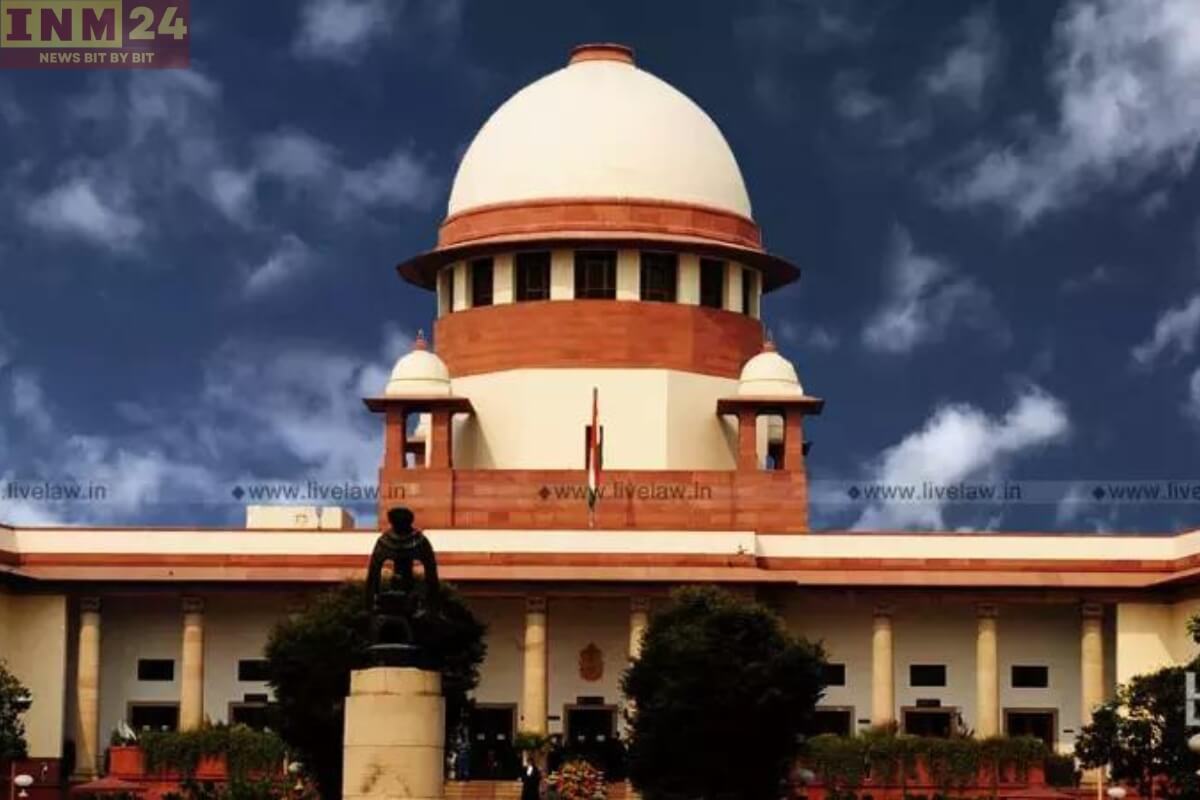In a landmark decision, the Supreme Court of India has ruled that Members of Legislative Assembly (MLAs) and Members of Parliament (MPs) are not immune from prosecution in cases related to bribery for votes. This significant verdict marks a pivotal moment in the fight against corruption in the country’s political landscape.
The ruling comes as a response to several cases where elected representatives have been accused of offering or accepting bribes in exchange for votes, thereby undermining the democratic process. Such instances of bribery for votes not only erode the integrity of elections but also undermine the trust of the public in their elected representatives and the democratic system as a whole.
Upholding Accountability: Supreme Court Rejects Immunity Claims for Politicians
The Supreme Court’s decision reaffirms the principle that all individuals, regardless of their political stature or position, are subject to the rule of law and must be held accountable for their actions. By rejecting claims of immunity for MLAs and MPs in bribery cases, the court has sent a strong message that corruption will not be tolerated in the country’s political sphere.
This ruling also underscores the judiciary’s commitment to upholding the principles of transparency, accountability, and fairness in governance. It serves as a deterrent to elected representatives who may engage in corrupt practices, reminding them of the legal consequences of their actions and the importance of ethical conduct in public office.
Furthermore, the Supreme Court’s decision empowers law enforcement agencies and anti-corruption authorities to investigate and prosecute cases of bribery for votes without impediment. This will bolster efforts to combat corruption and uphold the integrity of the electoral process, ensuring that elections are free, fair, and conducted in accordance with the principles of democracy.
Ensuring Effective Implementation of Anti-Corruption Ruling
While the ruling is a significant step forward in the fight against corruption, its implementation and enforcement will be crucial in ensuring its effectiveness. It is essential for authorities to act swiftly and decisively in investigating and prosecuting instances of bribery for votes, holding perpetrators accountable and restoring public trust in the democratic process.
Moreover, the ruling serves as a reminder of the importance of electoral reforms and measures to strengthen accountability mechanisms in the political arena. Efforts to enhance transparency in campaign financing, increase oversight of political funding, and promote ethical conduct among elected representatives are essential to safeguarding the integrity of elections and promoting good governance.
In conclusion, the Supreme Court’s ruling that MLAs and MPs are not immune in bribe-for-vote cases represents a significant victory for democracy and the rule of law. It reaffirms the principle that no one is above the law and underscores the judiciary’s commitment to upholding the integrity of the electoral process. Moving forward, it is imperative for all stakeholders to work together to root out corruption and ensure that elections in India are conducted with fairness, transparency, and integrity.
